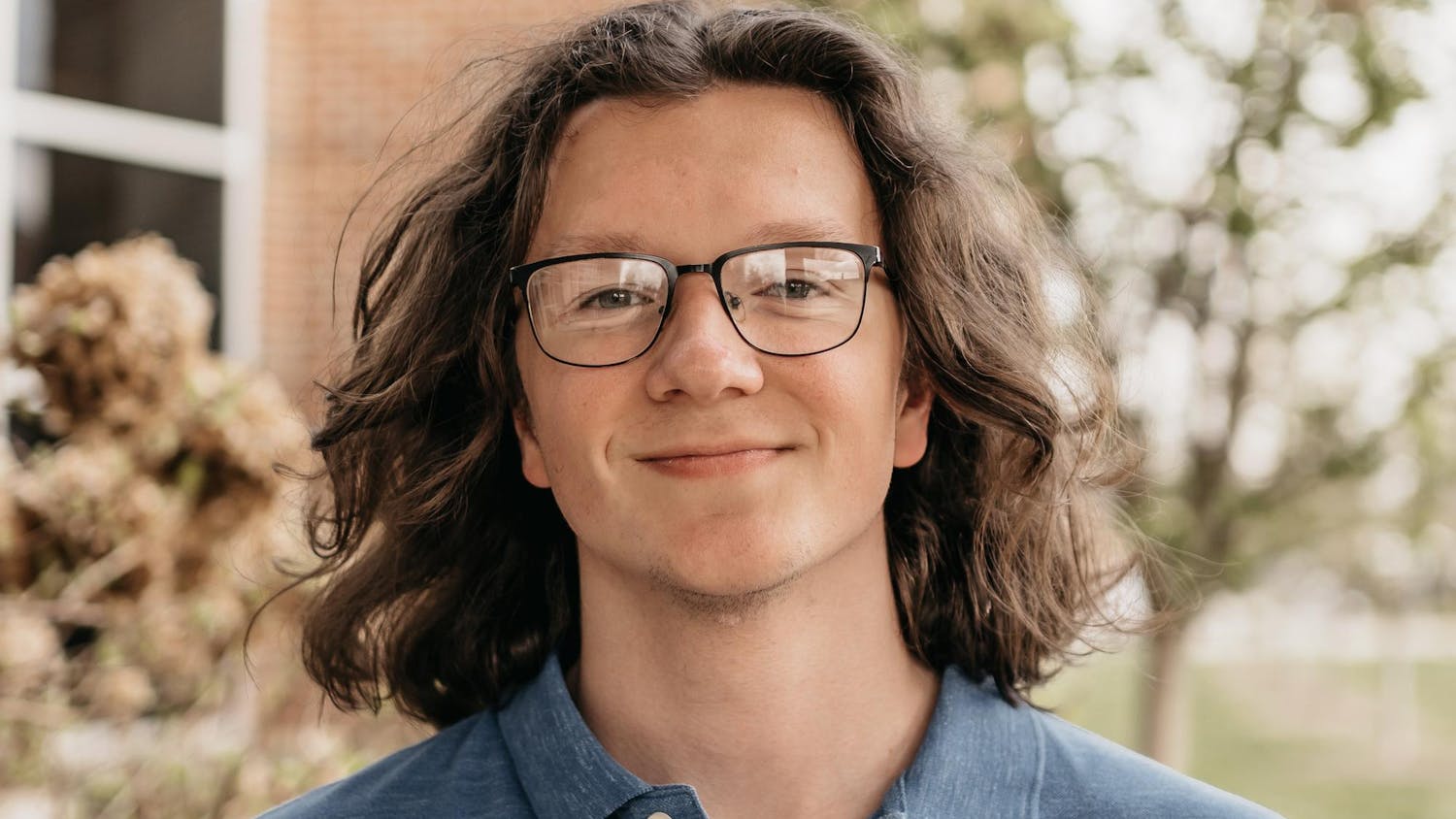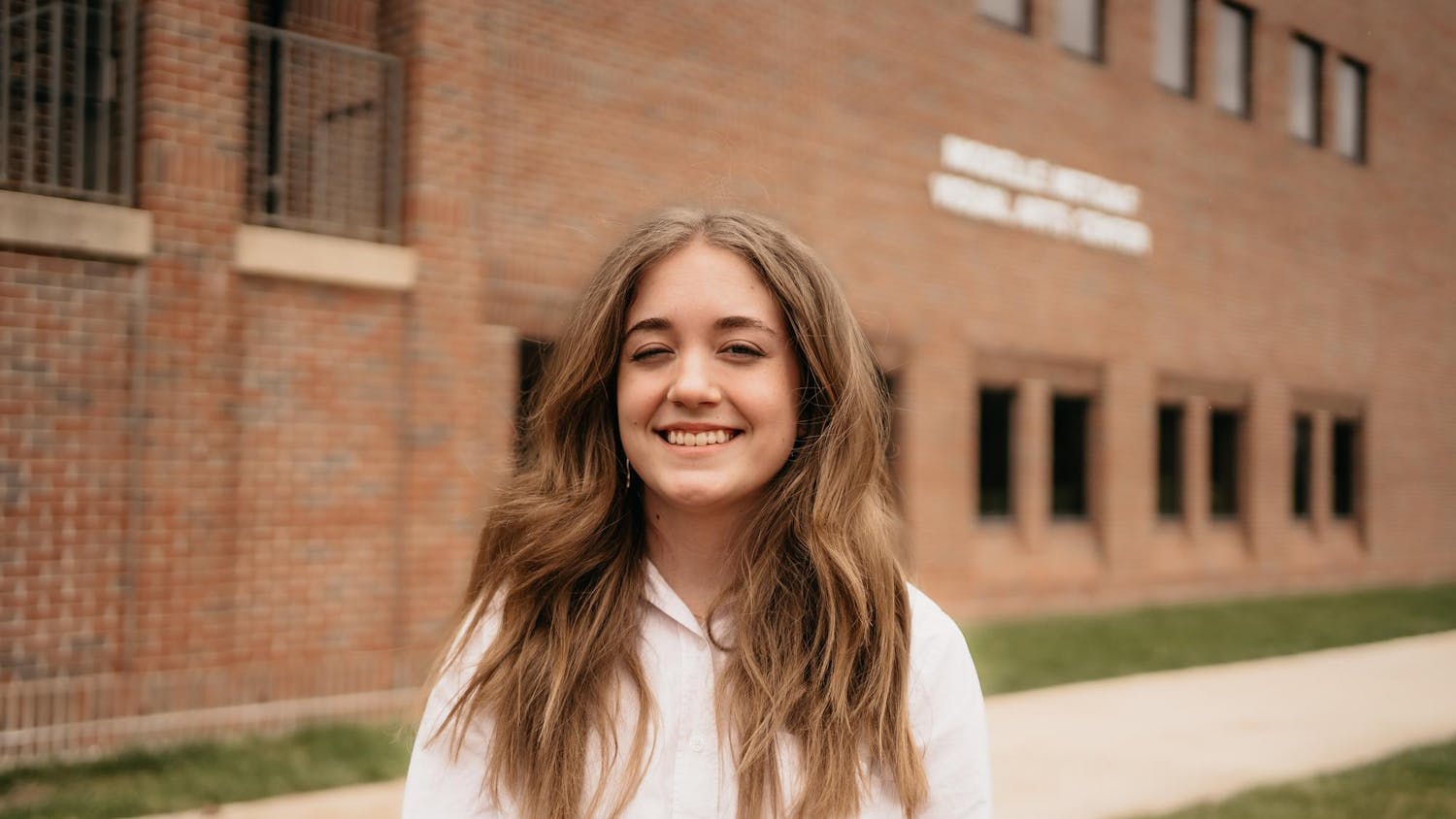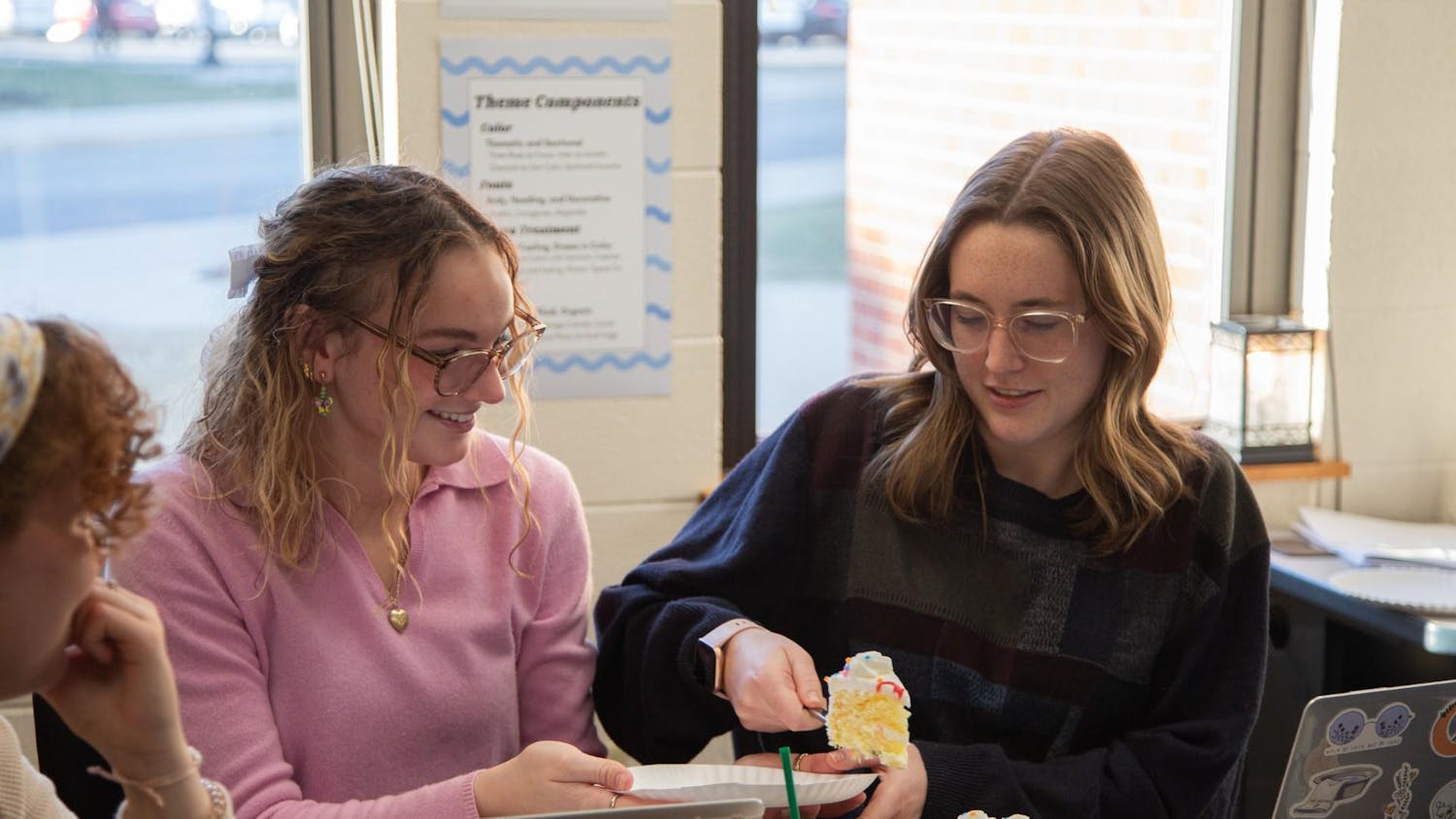[caption id="attachment_1598" align="alignright" width="300"] Photograph by Timothy P. Riethmiller[/caption]
Olivia Jessup, Contributor
Daoud Nassar is a Palestinian Christian farmer who lives just south of Bethlehem on a farm in Israeli occupied territory. In the midst of political turmoil and numerous attempts by Israeli government officials to bully the Nassar family off their land, Daoud works to create peace and reconciliation through numerous projects, including the Tent of Nations.
Echo: What is the Tent of Nations project?
Daoud Nassar: It's a project bringing people together from different nations, countries and religions to build bridges of reconciliation and peace . . . . Of course, the whole project is connected with land, which is threatened to be confiscated. We created another way of action against the injustice we are facing . . . another way of action called "we refuse to be enemies." And this is the whole issue behind the Tent of Nations: This idea to start to see in a different way.
Echo: When did the Tent of Nations start?
DN: It started in 2001. We've been going through a lot of difficulties to go through protecting our land from being confiscated. We've faced land confiscation since 1991. Then the question was, "How can we deal with our situation?" What can we do to change our situation? Can we, should we, act in a violent way to get our rights back? Or should we accept the situation as it is and be evicted? Or should we run? That's why we started the idea of "We Refuse to Be Enemies." In 2001, we started acting in different way. This was the start of the Tent of Nations.
Echo: What are some of the biggest issues you face?
DN: The problem is that people are living under occupation. The cost of living under occupation is making life miserable for people because you can't do that much. This is the biggest issue . . . . Years back, people could live together. Palestinians, Israelis, internationals, Christians, Muslims and Jews. It's not about the people; it's about the political situation. It's very difficult to say how we can end the conflict . . . , but the idea is I believe that we have to start by ourselves.
Echo: How can we be peacemakers in times of conflict?
DN: I cannot make peace if I'm not peaceful. I have to start by myself. I cannot make friends if I am not friendly. The idea is that I cannot expect something to happen before being on the track . . . . You can easily talk about it, but it's important to start moving forward, saying, "Well, I have to start doing something." I don't want to wait for others to get involved and wait for them to solve my problems. I need to stand up, raise my voice and start doing . . . The thing is, we need people to understand that I can make the difference. Whatever I can do in a positive way, I can help solve the conflict.
Echo: How can we help bring reconciliation?
DN: Reconciliation is a process. You know, people are living in very difficult situations. They are living in these conflicts. It's very difficult to forget, and it's very difficult to forgive. That's why it's important to say when you come to the point of reconciliation, you have to pass through the process of creating an understanding. I cannot reconcile if I don't know. I need to love my enemy as a human being.
Echo: What does it mean to "refuse to be enemies"?
DN: Maybe we are not asking people to be our friends, but we are refusing to be enemies. The way is, I am not an enemy. And solving conflict in a nonviolent way needs to to come by caring for the other. You cannot retaliate. But when you say, "I want to love my enemy," that means it is a nonviolent way of action, not because you are weak, but because you are strong. Not everyone can do it . . . . That is the core of our group. This is the Christian way of nonviolent resistance.




